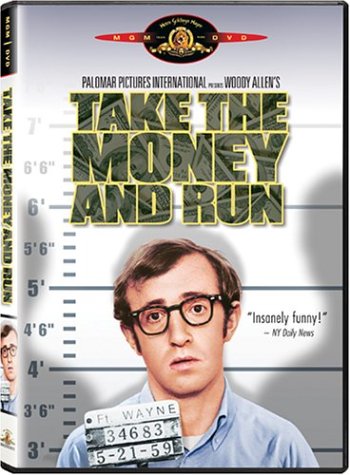The Quantified Self - Technology Implications in Everyday Life
/ Gary Wolf, writes about science and social issues for Wired, where he is a contributing editor. Gary is also working on a project with Kevin Kelly and a book termed, "The Quantified Self". He recently wrote an interesting article for NYT Magazine, The Data Driven Life which reflects on the surge of new devices that track everything and demonstrates his keen interest in the quantified self concept. The advent of inexpensive technologies is creating new ways for people to think about how they live. As I have spoken about recently at the IHRSA show for the health and fitness industry this is a significant trend that is and will continue to have tremendous impact and implications. Here are some excerpts from Gary's recent article:
Gary Wolf, writes about science and social issues for Wired, where he is a contributing editor. Gary is also working on a project with Kevin Kelly and a book termed, "The Quantified Self". He recently wrote an interesting article for NYT Magazine, The Data Driven Life which reflects on the surge of new devices that track everything and demonstrates his keen interest in the quantified self concept. The advent of inexpensive technologies is creating new ways for people to think about how they live. As I have spoken about recently at the IHRSA show for the health and fitness industry this is a significant trend that is and will continue to have tremendous impact and implications. Here are some excerpts from Gary's recent article:
Millions of us track ourselves all the time. We step on a scale and record our weight. We balance a checkbook. We count calories. But when the familiar pen-and-paper methods of self-analysis are enhanced by sensors that monitor our behavior automatically, the process of self-tracking becomes both more alluring and more meaningful. Automated sensors do more than give us facts; they also remind us that our ordinary behavior contains obscure quantitative signals that can be used to inform our behavior, once we learn to read them.
“The real expertise you need is signal processing and statistical analysis,” says James Park, the chief executive and co-founder of Fitbit, a company that makes a tracker released late last year. The Fitbit tracker is two inches long, half an inch wide and shaped like a thick paperclip. It tracks movement, and if you wear it in a little elastic wristband at night, it can also track your hours of sleep. (You are not completely still when sleeping. Your pattern of movement, however, can be correlated with sleeping and waking, just as the acceleration of a runner’s foot reveals speed.) Park and his partner, Eric Friedman, first showed their prototype at a San Francisco business conference in the summer of 2008. Five weeks later, Park and Friedman, who are both 33, had $2 million in venture capital, and they were flying back and forth to Singapore to arrange production. Last winter they shipped their first devices.
At nearly the same time, Philips, the consumer electronics company, began selling its own tiny accelerometer-based self-tracker, called DirectLife, which, like the Fitbit, is meant to be carried on the body at all times. Zeo, a company based in Newton, Mass., released a tracker contained in a small headband, which picks up electrical signals from the brain, and uses them to compile the kind of detailed record of light sleep, deep sleep and REM sleep that, until now, was available only if you spent the night in a sleep-research clinic. Lately I’ve been running into people who say they wear it every night. And Nike recently announced that its Nike+ system, one of the first personal speedometers, has been used by more than 2.5 million runners since its release in 2006.
Read the article and follow Gary and Kevin. They have a lot to say and share about what is happening with technology and its impact on our everyday lives and culture.












